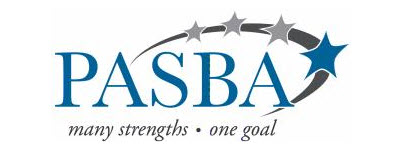According to a 2018 survey conducted by Palo Alto Software, the owners of start-ups expressed interest in having an accountant assist them with a variety of tasks. Tax planning and revenue forecasting tied at 71 percent while bookkeeping, key performance indicators, monthly management reporting, and business strategy and planning tied at 61 percent. IT and software, business coaching, and human resources all came in between 34 and 38 percent. All of this adds up to a lot of opportunity for you as an accountant or owner of an accounting firm.
How to Help New Business Owners through the Start-Up Process
Many people don’t understand everything involved with starting their own business and can feel so overwhelmed by the process that they want to give up before they start. Sometimes it takes only a single session of sitting down with an accountant experienced with business start-ups to help get them back on track. One of the first things your accounting firm can help new small business owners with is determining the most appropriate business structure. After selecting whether to operate as a sole proprietor, partnership, or limited liability company, the new small business owner will also need assistance with the following:
- Reviewing the business plan and offering input on financial analysis.
- Advice on choosing the most efficient accounting software.
- Advice and/or assistance with opening a bank account in the name of the business.
- How to track business expenses accurately and efficiently.
- Ensuring that the new company’s accounting practices meet federal regulations.
Although your client might not ask for this advice, the start-up planning stage is also a good time to educate him or her on the importance of separating business and personal finances.
Be Sure to Offer More Services After Clients Grow
Some accounting firms make the mistake of working closely and diligently with clients to help launch the business and then not following up to see if they need additional help. For example, a client might struggle to understand the various financial statement his or her business needs. Most will also require assistance at tax time to get W2 and 1099 forms delivered promptly and with the correct information. Because this area can cause a lot of confusion for business owners, make sure your clients know the difference between an independent contractor and an employee.
Of course, small business owners don’t only need help when it’s time to issue tax statements. Don’t forget to reach out to let your clients know they can depend on your accounting firm for advice on estimated tax payments as well as how to save on taxes throughout the year.
Become a Member of the Professional Accounting Small Business Association
The above represent only a fraction of how you can help your start-up business clients. When you join PABSA, you benefit from regional and national meetings, peer advisory groups, referral website listings, and much more. The best part is that you can pass these benefits along to your clients by offering a wider range of professional accounting services.


Recent Comments